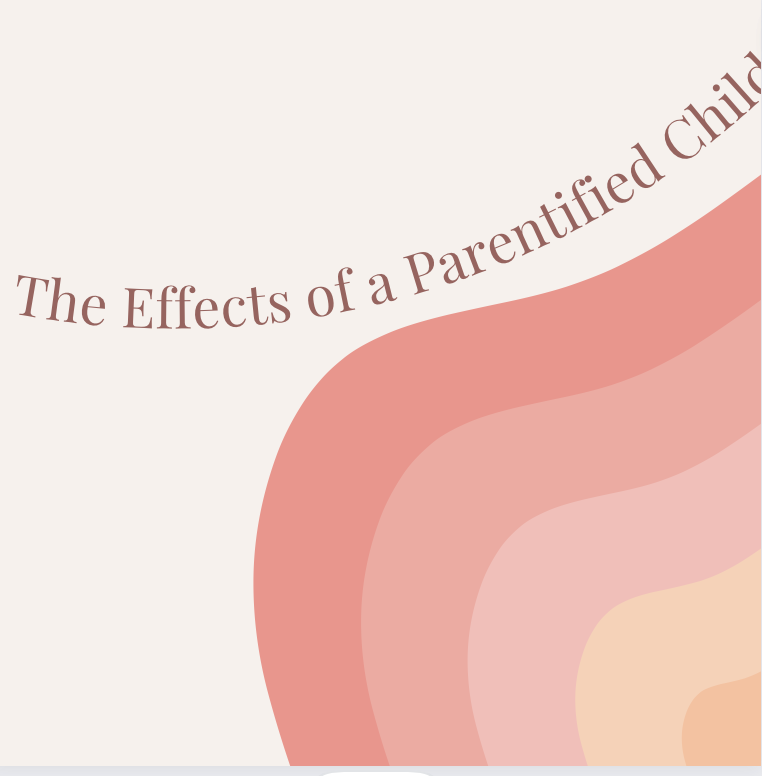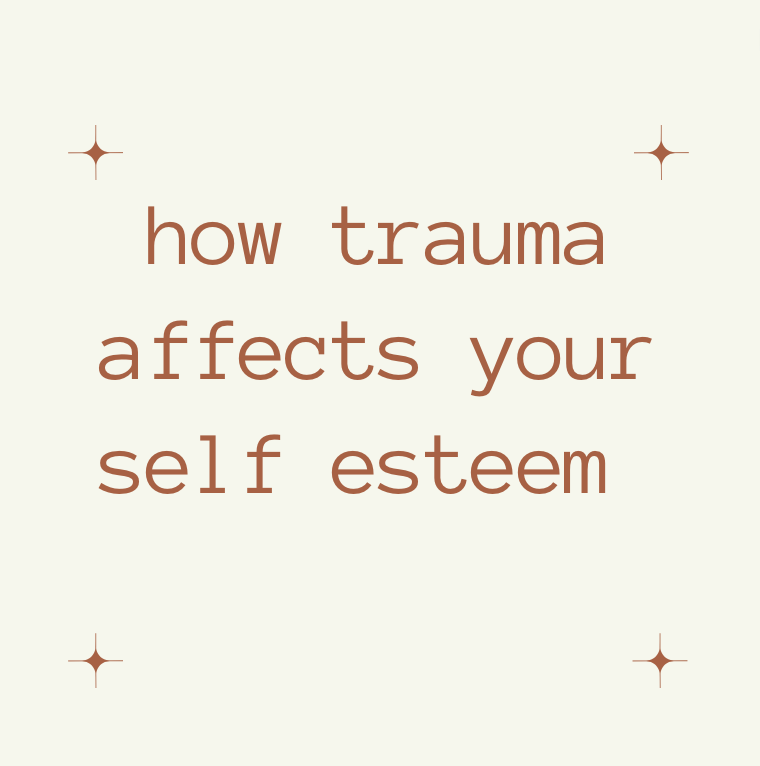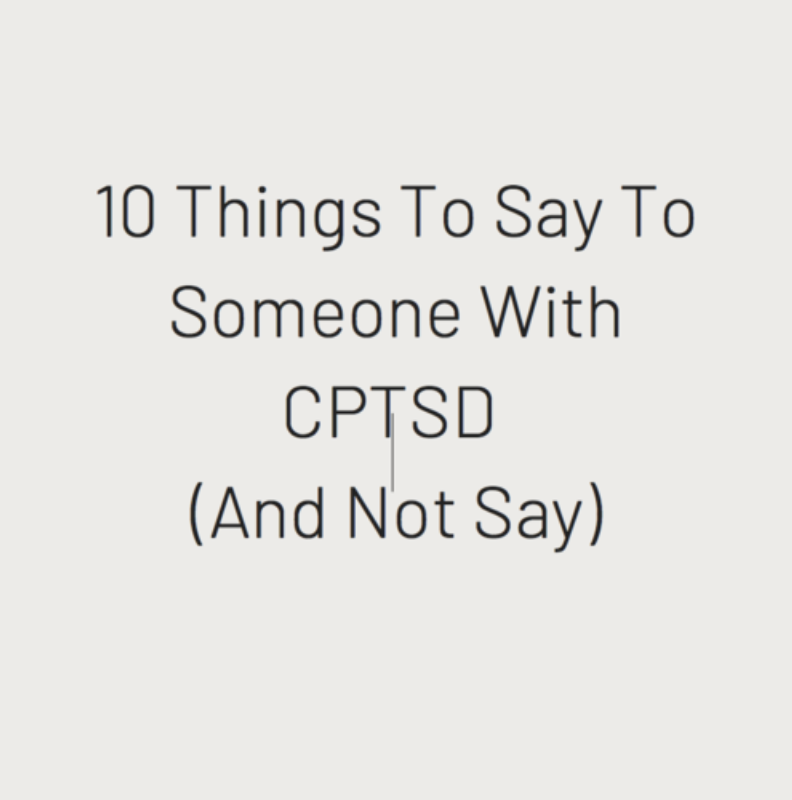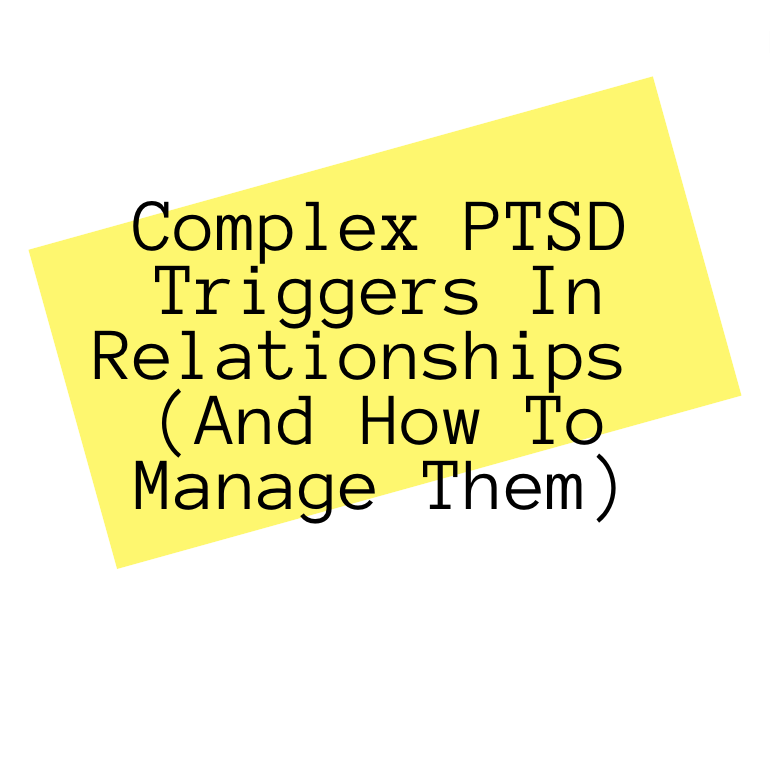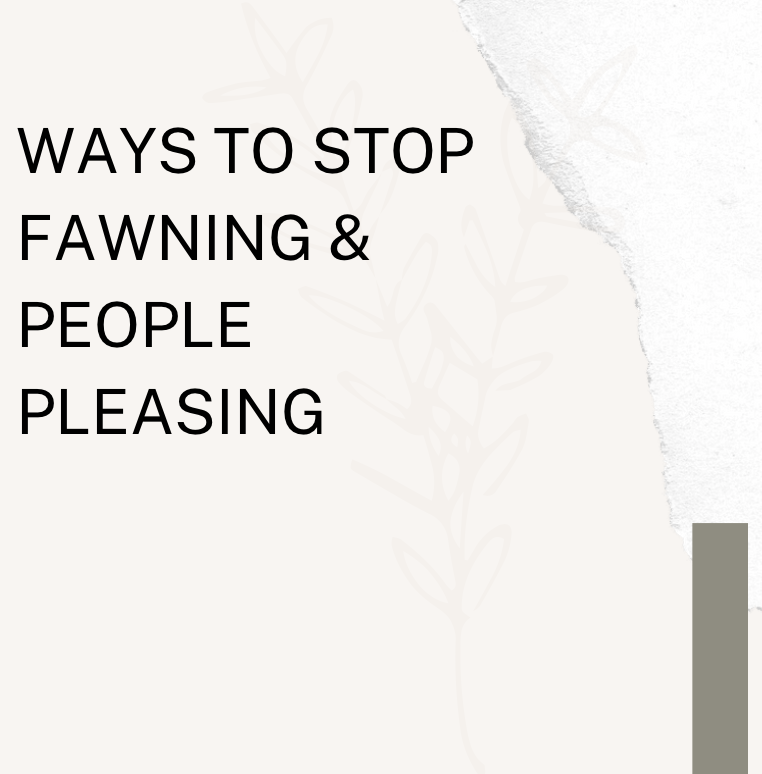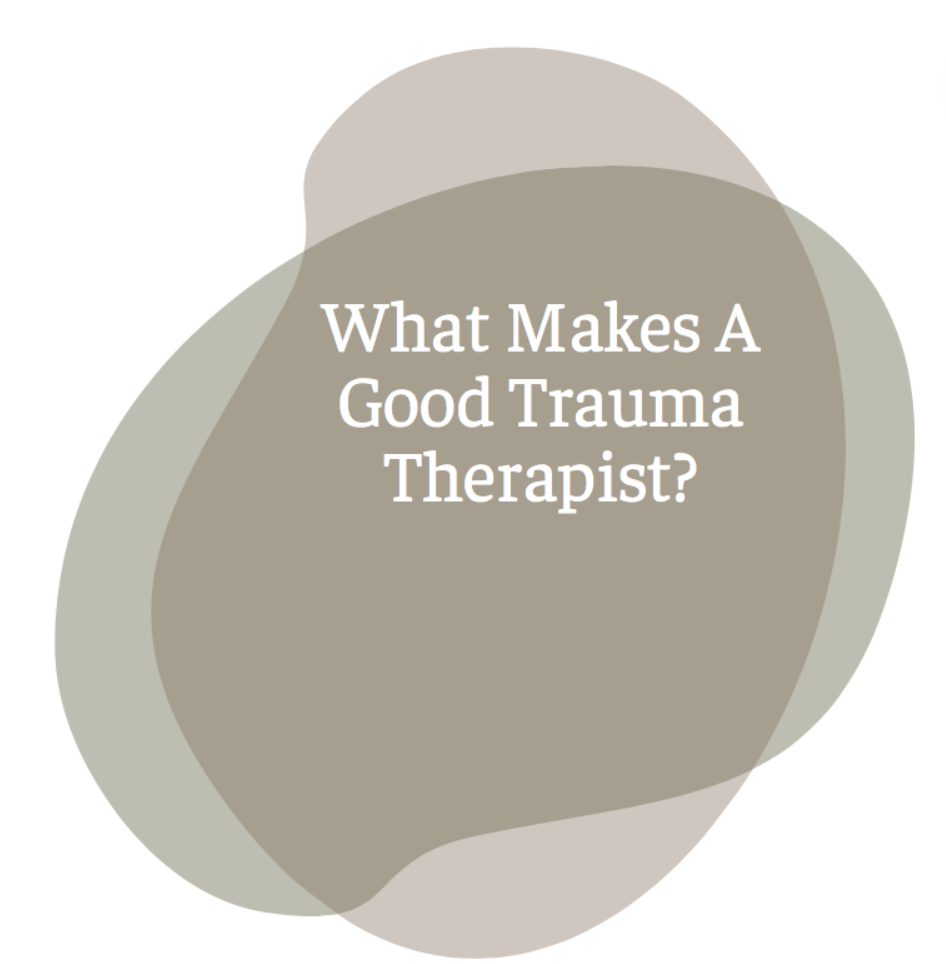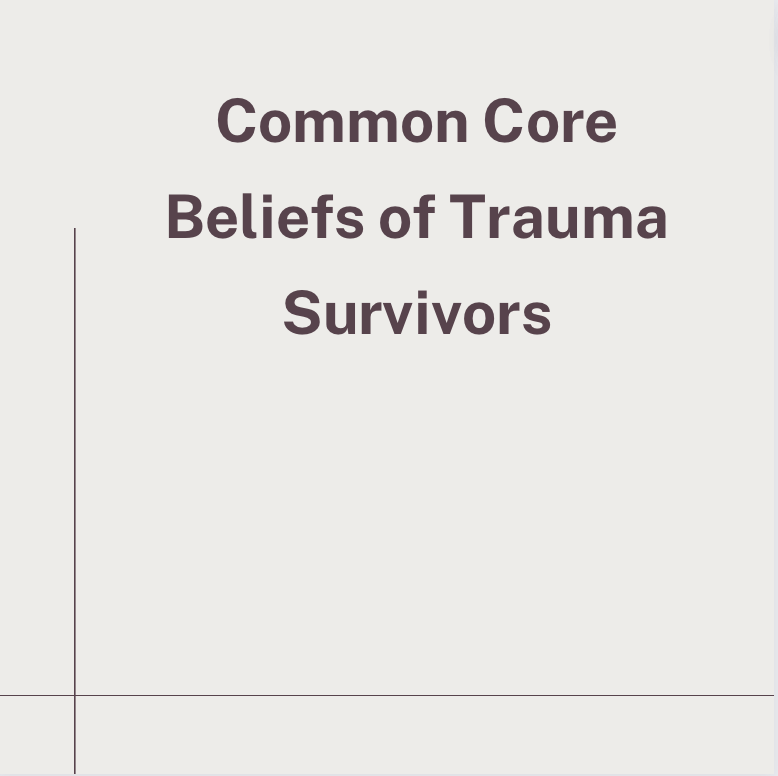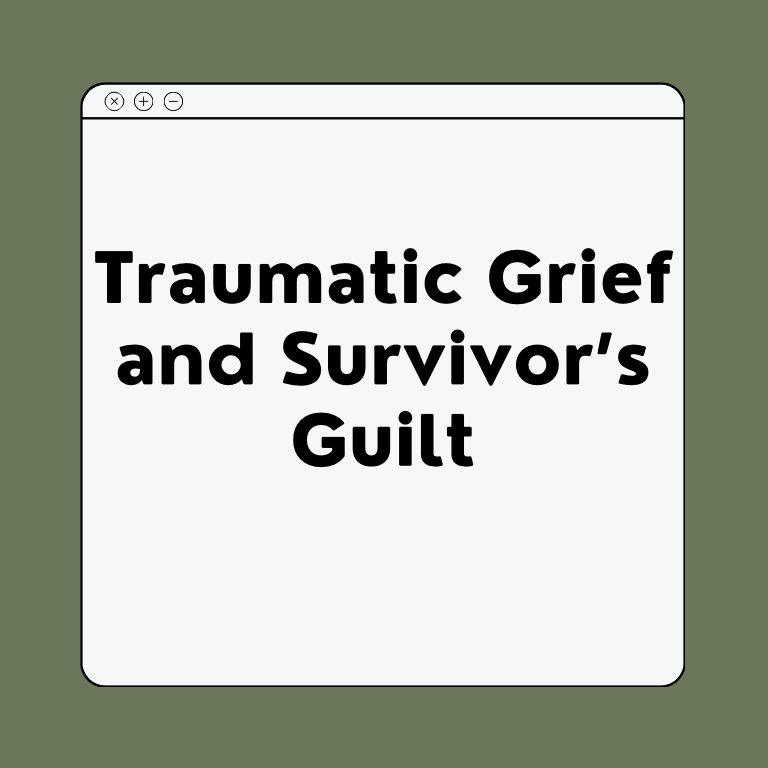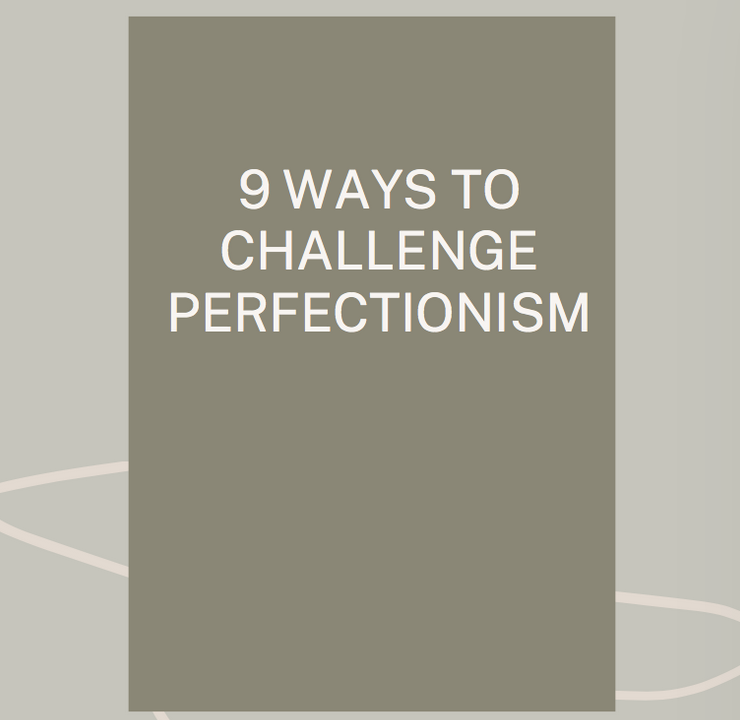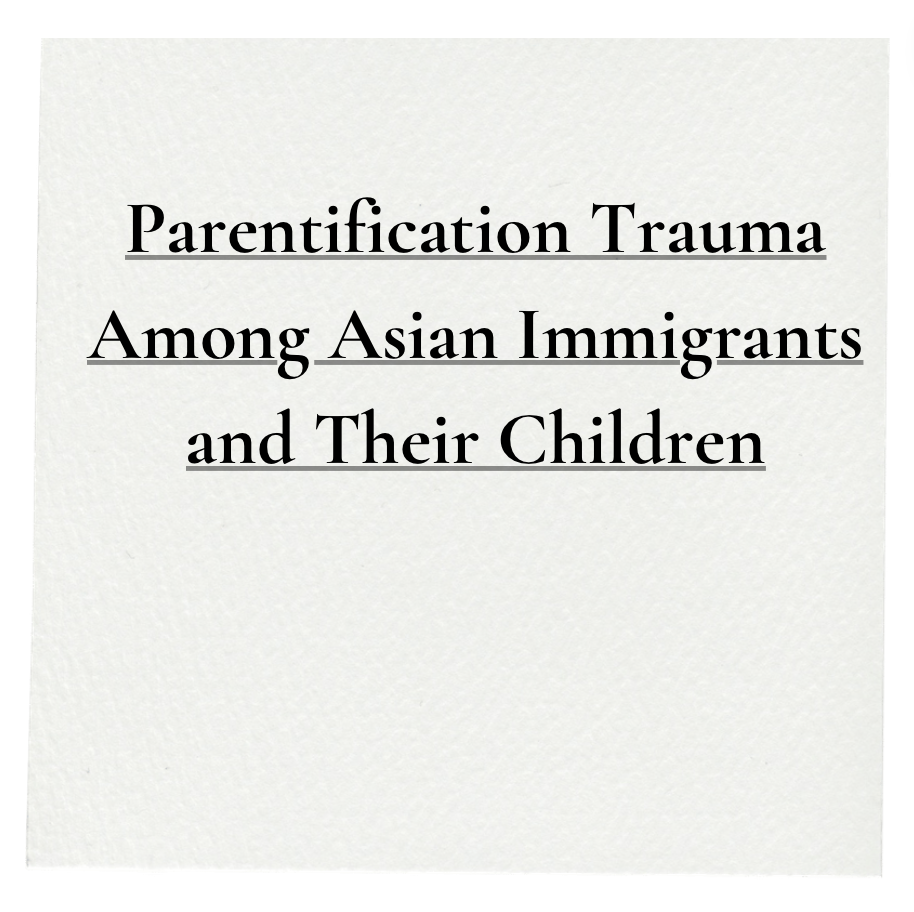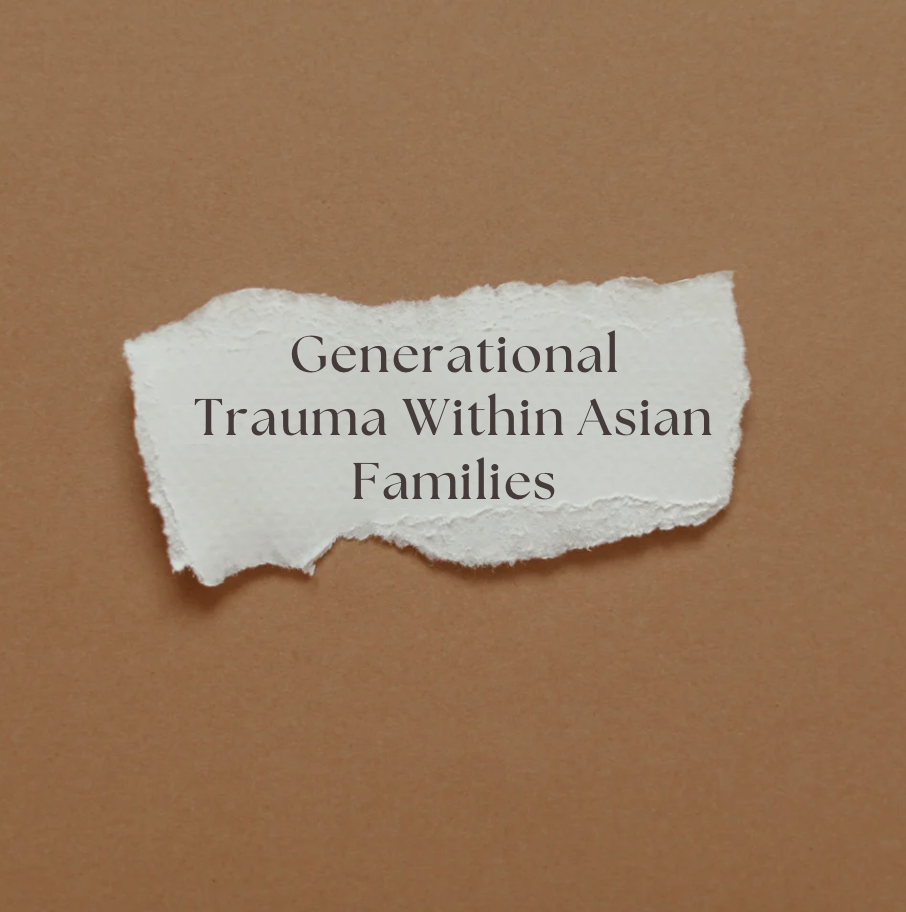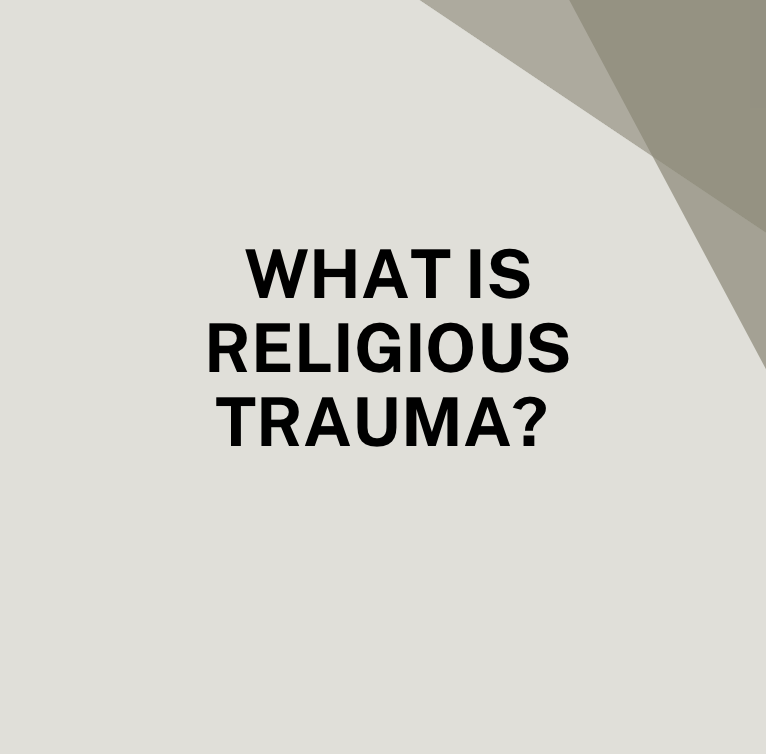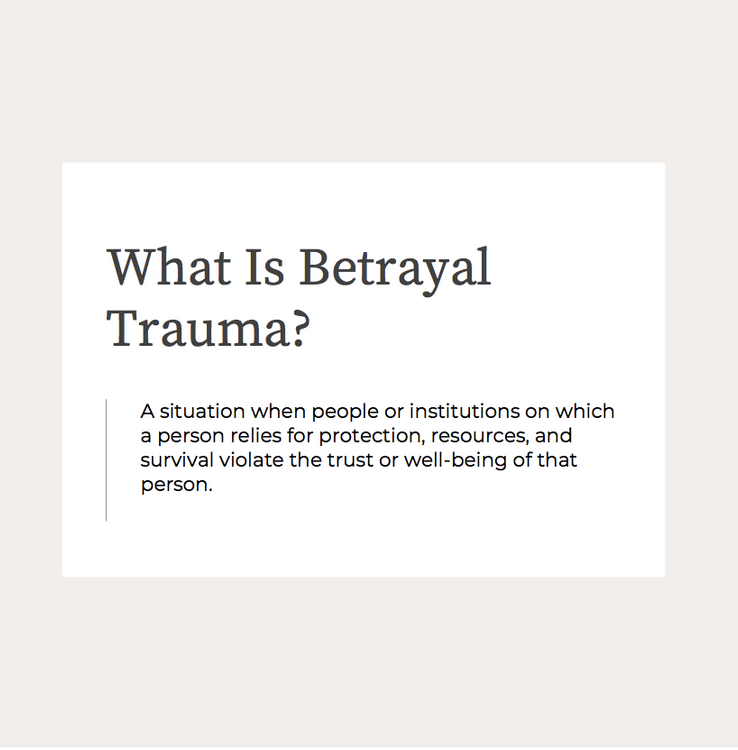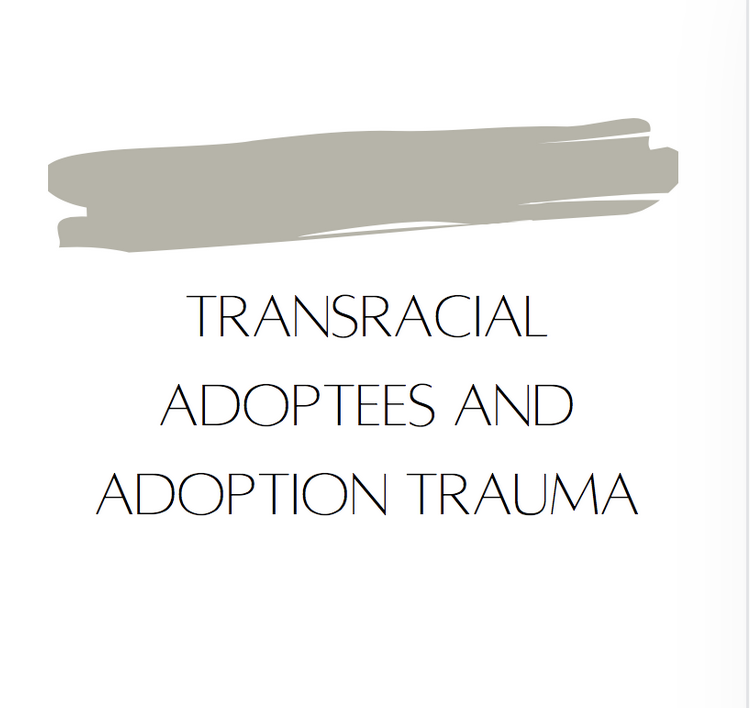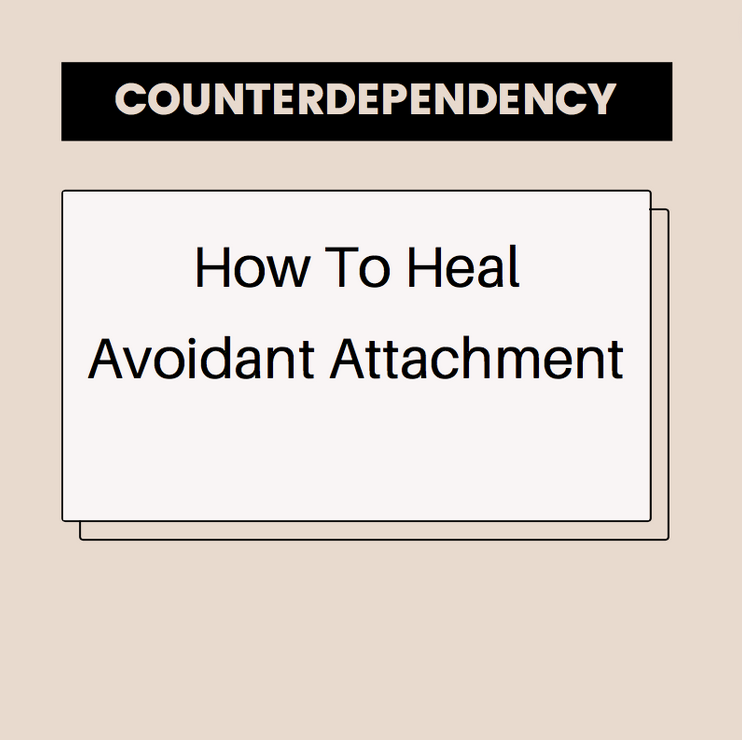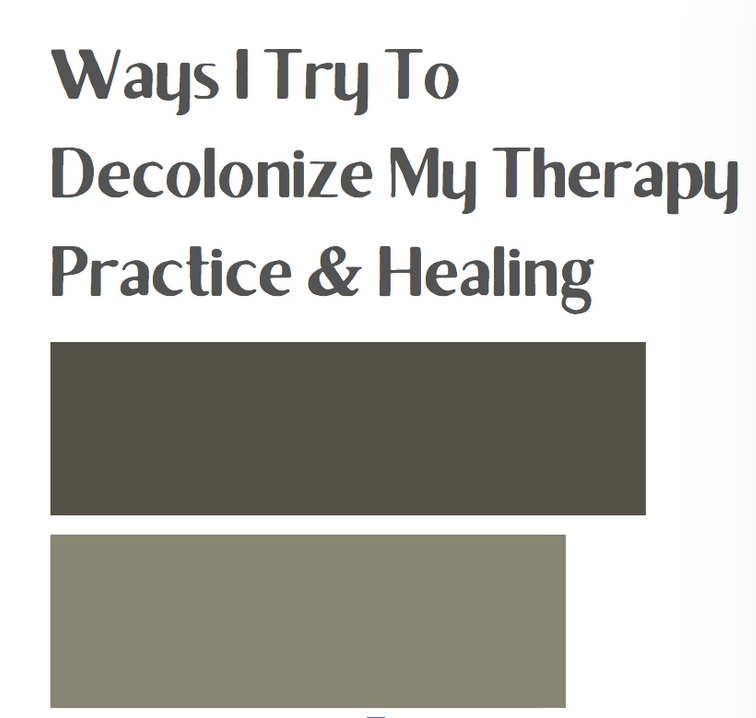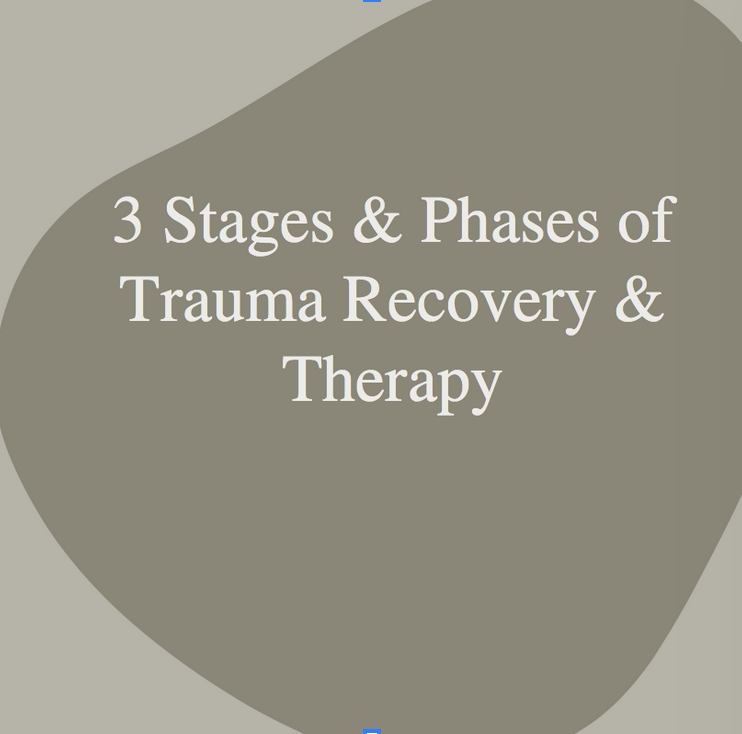How Trauma Affects Your Self Esteem
Understand how traumatic experiences can shape our self-perception and learn strategies to rebuild and nurture a healthy sense of self-worth and confidence.
10 Things To Say To Someone With CPTSD (And Not Say)
Ways To Support Someone With CPTSD: Be curious (rather than judgmental). Validate their feelings and thoughts (rather than minimizing and invalidating). Emphasize strengths (rather than deficits).
6 Signs You May Notice As You’re Healing From Trauma
Healing can be so humiliating, painful, exhausting, and terrifying. In the end, it’s worth it for most people because of what’s on the other side.
Here are 6 of the most common things I’ve noticed as clients heal from trauma.
Traumatic Grief and Survivor’s Guilt
Survivor’s Guilt is the experience and phenomena of when an individual survives a life threatening, traumatic, and/or overwhelming experience. Essentially, someone else’s experience were not your own. Not everyone who survives a traumatic experience will develop survivor’s guilt. Research and training in this area of survivor’s guilt is still relatively new.
What is Religious Trauma Syndrome?
Religious Trauma Syndrome (RTS) is experienced by those who are struggling with leaving an authoritarian religion such as cults, fundamentalism, and abuse.
What Is Betrayal Trauma?
A situation when people or institutions on which a person relies for protection, resources, and survival violate the trust or well-being of that person.
Ways I Try To Decolonize My Therapy Practice & Healing
Decolonizing therapy is an approach and process toward healing from the dehumanizing effects of colonization, imperialism, state-sanctioned violence, and systemic oppression.
3 Stages & Phases of Trauma Recovery & Therapy
The recovery process may be conceptualized in three stages: establishing safety, retelling the story of the traumatic event, and post traumatic growth.

